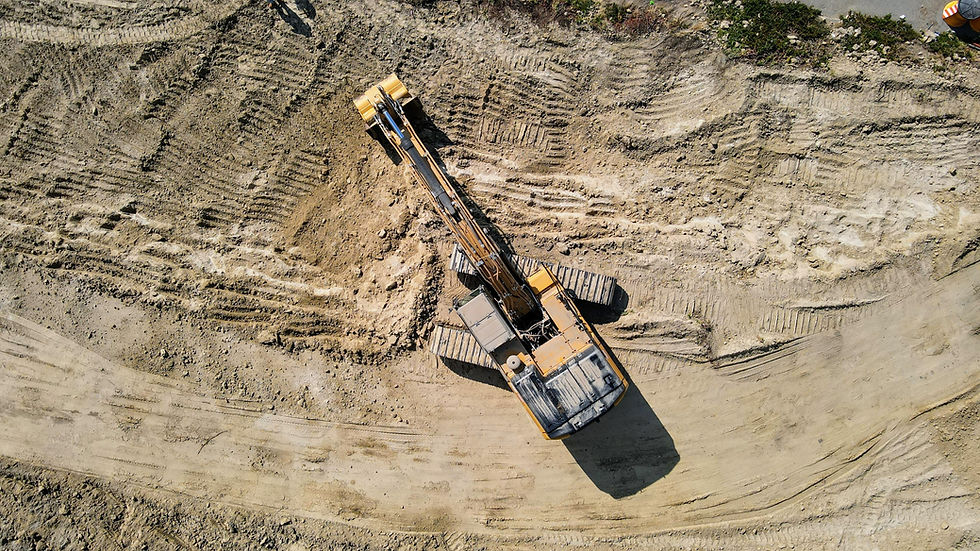An international event has just ended putting the eye on an environmental aspect of primary importance, although less known from the general public. The management of minerals and metals has significant global environmental impacts in terms of production of polluting waste and greenhouse gas emissions. The 3rd edition of the Future Minerals Forum (FMF) convened in Saudi Arabia from the 9th until the 11th January 2024 debated on the best policies, solutions and technologies for meeting economic and social needs in favour of energy transition. This annual summit, considered as one of the largest multi-stakeholder meeting worldwide, gathered 145 Countries. The strategic role played by this summit in pushing sustainable development on a long-lasting collaborative basis has been clear from the first edition (in 2022), as recalled by H. E. Bandar Alkhorayef, Saudi Arabia’s Minister of Industry and Mineral Resources. Capacity building, technological innovation, governance, responsible economy, renewable resources are some of the key points on the basis of which the initiatives of the summit are carried out with the aim to build up a holistic approach giving birth to one Super Region. A world hub of responsible production in the mining industry both at local and international level with special regard to Africa, Western and Central Asia.
Inger Andersen, Director of the UN Environment Programme, pointed out in her opening key note: «The world is intensifying the energy transition, as clearly signalled by COP28’s call to move away from fossil fuels. To stay below 2°C by 2050, we will need over three billion tonnes of energy transition minerals and metals to deploy wind, solar, energy storage and more. This is a huge opportunity for developing countries with these metals and minerals to invest in sustainable development ». The UNEP's Head referred directly to the need for a rapid economic paradigm shift to encourage "trust, just transitions and benefit sharing", thus "economic diversification". The main mission is to break away from the classic model to encourage clean technologies to prevent pollution and biodiversity loss (Reference Agreements: Kunming-Montreal Global Biodiversity Framework and the Minamata Convention).

Inger Andersen also stressed the importance of implementing the creation of products capable of being repaired , manufactured, recovered and recycled. Waste accumulation is a real modern scourge closely linked to the advancement of digital technology. The annual production of electronic waste amounts to about 50 million tonnes each year, with less than 20% being recycled.
UNEP's Director highlighted: « Urban mining, as it is known, could reduce pressure on the environment by recovering these materials. Reduce pressure on people and communities who live and work under conditions incompatible with human dignity. Protect the rights and land of Indigenous Peoples. And ensure that these minerals can be used and reused far into the future».

The international commitment to promote this paradigm shift, inspired by circular economy and energy transition, has already produced guidance agreements and documents. Notably, the UN Framework on Just Transitions for Critical Energy Transition Minerals by the will of the UN Environment Programme (UNEP), the United Nations Development Organisation (UNIDO), the United Nations Development Programme (UNDP) together with the UN Economic Commissions, the Intergovernmental Forum on Mining, Minerals, Metals and Sustainable Development, the World Bank and other parties. Furthermore, a targeted Panel on Critical Energy Transition Minerals will allow to fix a set of voluntary principles addressed to extractive industries, as announced by the UN Secretary-General during the course of COP28. The issue is expected to be considered as the priority topic within the Sixth Session of the United Nations Environment Assembly (UNEA-6) which will take place from the 26th February to the 1st March 2024 at the UNEP headquarters in Nairobi, Kenya.
Not by chance, UNEP's Director has addressed the industry sector to boost a multistakeholder approach, integrated with valuable performance verification tools while asking companies to invest in circular production schemes grounded on clean energies and nature preservation. ***
To know more about the UN Environment Programme please visit: UNEP.
-------------------------------
MonacoEcoArt keeps its journalism open to all although its information is the result of pure professionalism and knowledge. Supporting our Media allows us to keep our independence while offering quality contents based on traceable sources. Thank you for your collaboration.

By Maurice Abbati
Journalist; Editor; Communication, Media and Public Relations Specialist.
Lecturer and Author in English language of Technical Articles and the Manual: "Communicating the Environment to Save the Planet, a Journey into Eco-Communication" by Springer International Publishing.





Comments